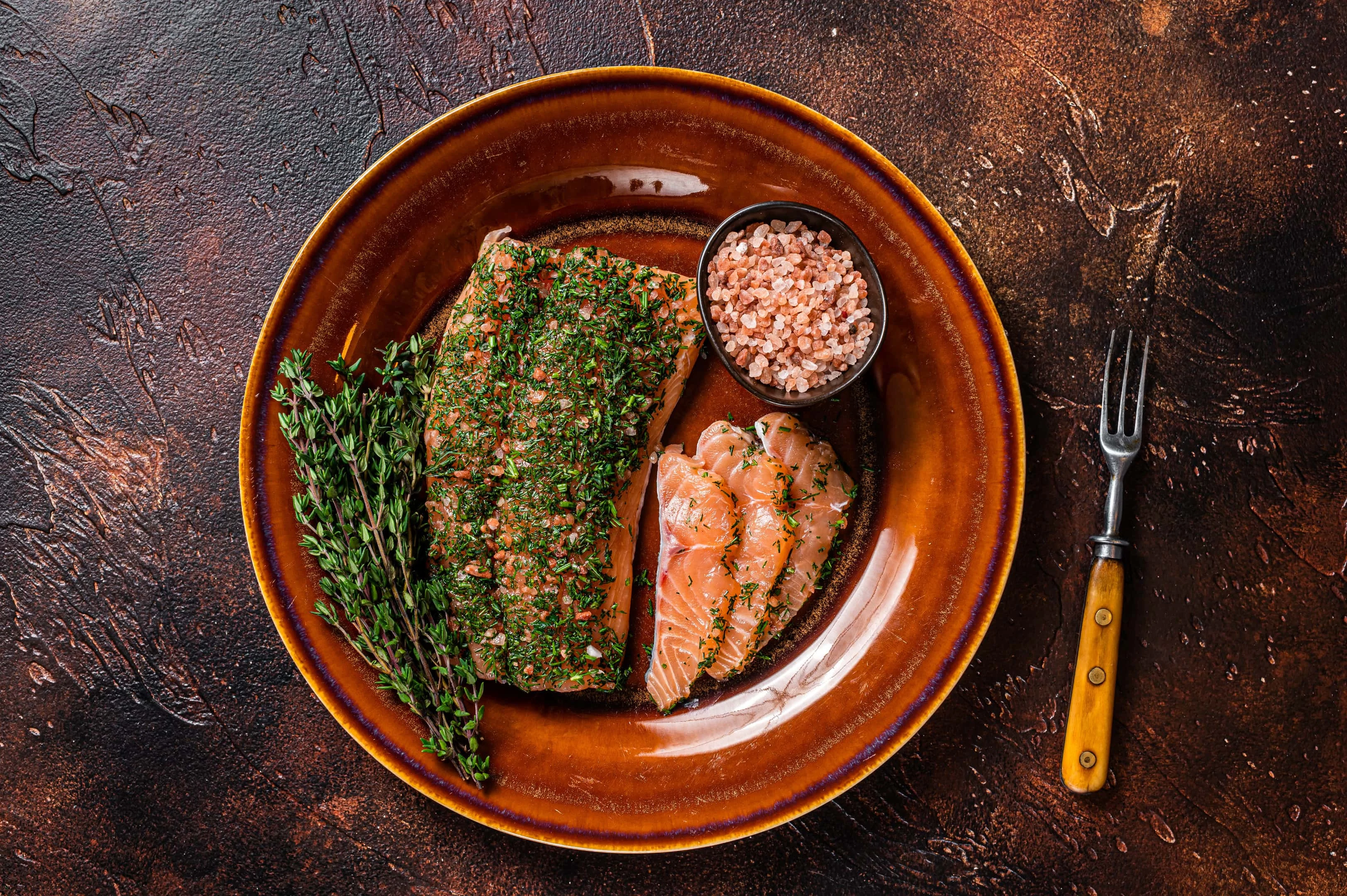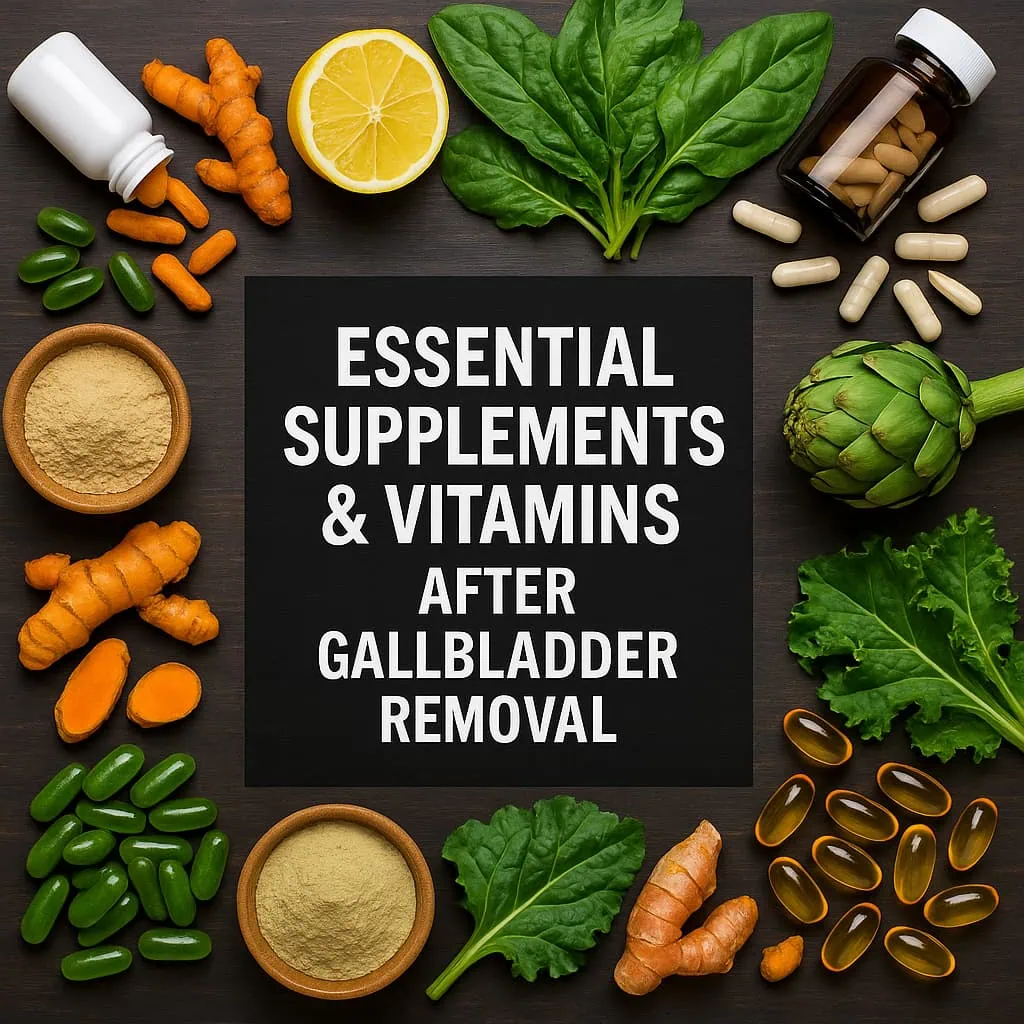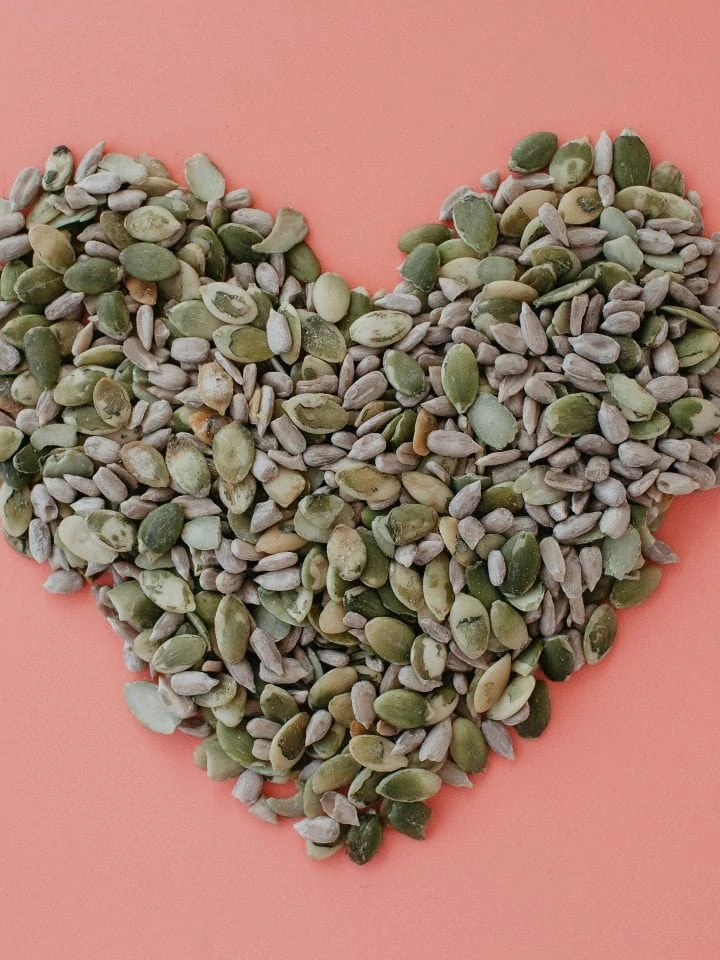Sense organs are some of our most essential organs. The air we breathe, the food we taste, what we see, feel, and hear are all critical aspects for living and being human. Our ears give us the sense of hearing. Some might say it is one of the few sense organs you could learn to live without if you had to choose, its importance can be overemphasized. It gives humans a sense of balance and stability while also receiving sound waves that translate into hearing things.
We are what we consume and generally, our body requires various nutrients for continuous effective function. Every organ in our body has its own essential set of nutrients required to fight off infections, repair damage, and carry out its normal functioning. This is one of the reasons the importance of a balanced diet is always stressed.
We often focus only on protecting our ears from loud noises, but sometimes forget that consuming a balanced diet of nutrients is also important. Hence, eating foods that have the essential nutrients and minerals your ears require will help improve your hearing.
Foods good for the ears contain vital minerals and vitamins such as magnesium, folate, potassium, omega-3 fatty acids, zinc, vitamins C, A, and D. Some of these minerals and vitamins can protect the ear from damage by creating a barrier that prevents free-radical and bacteria from causing damage to the inner ear. Here are a few foods that you can eat to maintain good ear health.
Best foods for ear health
1. Bananas

Bananas are succulent fruits that are filled with magnesium. Magnesium prevents the dilation of blood vessels along with the inner ear. This helps to prevent a gradual cut-off of oxygen supply to the ear by allowing better blood flow and regulation. Magnesium is also responsible for preventing loss of hearing by regulating the glutamate in the ears. Bananas also contain potassium, which supplies composite nutrients that help the ear to transform sound waves into electrical impulses that are sent instantaneously to the brain. As aging occurs in humans, our potassium level tends to decrease hence, constant deliberate change in our diet becomes necessary. Foods that are good for your ears that contain high levels of potassium must then be added to your diet. Doing this helps fight against hearing loss as we age. Bananas offer other health benefits such as improvement of digestive health, containing antioxidants that help eliminate causes of cell damage, and improving cardiovascular health.
2. Garlic

Garlic is another food good for the ears. It aids blood flow around the entire body including the inner ears. It reduces inflammation especially around the ears and aids hearing by providing constant and continuous blood flow to the inner ears. It protects from illnesses and gives relief from symptoms of illnesses. Garlic possesses high medicinal properties, so it is not surprising it can help quell ear-related illnesses like tinnitus. Garlic offers other benefits such as encouraging weight loss, lowering heart-related conditions by regulating the cholesterol levels in the body, and helping to detoxify different heavy metals that exist in the bloodstream.
3. Fish

Fish is a good source of various nutrients, especially its omega-3 fatty acids. It is also equipped with minerals like zinc, potassium, and magnesium, all of which are very helpful towards ear health. Omega-3 fatty acids have a lot of benefits that it gives to the body, including offering relief from swelling around the ears and providing proteins for growth and repair. Fish improves your ear health by fostering the interaction of the brain and ears via nerves and blood vessels. Eating various fish like salmon or sardines provides a stable supply of vitamin D which helps improve the strength of the middle bones located in the ears. In turn, this prevents severe ear-related issues like otosclerosis and osteopenia. It is advised to have fish as a major part of your diet to get a substantial supply of these nutrients. The potassium in fish helps coordinate the fluid levels in the ear and the magnesium offers good blood circulation. This distinguished combination makes fish one of the best foods for ear health.
4. Dark chocolate

Dark chocolate is filled with minerals like zinc and magnesium, which are essential for the health of the ears. Zinc helps boost the immune system and prevent the ear from infections, while also fostering cell growth. As previously mentioned, magnesium helps improve your hearing by providing room in the blood vessels for more blood flow and it can also help mitigate noise-induced hearing by offering sound reduction. However, eating lots of chocolate may pose health risks like diabetes or inducing cavities in the teeth so it is advised to see a health expert for the appropriate amount of chocolate you should eat. Dark chocolate contributes other health benefits which include a high level of antioxidants that absorb oxygen radicals from the blood, reduces the bad levels of cholesterol in the body, and boosts brain function.
5. Oranges

Oranges contain large levels of vitamin C which can give protection against infection by boosting immune levels. They also contain considerable levels of fiber, potassium, and folic acid. Potassium regulates the fluid loss levels in the inner ear to prevent gradual hearing loss. Oranges help fight against ear infections when they arise; due to their large antioxidant levels, they easily protect the cells and tissues surrounding the ear from infections. Oranges provide other health benefits like anemia reduction and the prevention of kidney stone disease.
6. Milk

Milk contains vitamins like vitamin K, D and E which aid different parts of the body. It helps in metabolism rate and ensures proper transportation of oxygenated blood to every part of the body. Breast milk from a mother can also help prevent ear infections in babies. Milk possesses antioxidant properties and also contains minerals like magnesium and potassium, which help coordinate fluid flow and help repair damaged cells. They are also vital in maintaining the sensitive fluid levels in the inner ear.
7. Green leaves

Leafy greens like broccoli, spinach, and cabbage provide adequate sources of folic acid. Folic acid helps improve circulation in the ears; it also helps improve overall hearing by regulating the creation of red blood cells, improving the metabolism of homocysteine which improves circulation. Good blood and fluid circulation is a vital part of keeping the hair cells of the inner ear healthy and perfectly functioning. Folic acid exists in water-soluble forms in nature; hence, it is difficult for the body to retain. It is necessary to get it from your diet. Green leaves are also a reliable source of magnesium and potassium which are known to greatly improve ear health. Broccoli contains antioxidants that help prevent free radicals from damaging sensitive ear cells and tissues.
8. Lentils

Lentils contain good sources of zinc, which boosts hearing health. The zinc in lentils provides the immune system with optimal support and helps the body wade off ear infections like tinnitus or ear-ringing. Adding zinc to your daily diet will surely help provide a healthier ear. Furthermore, lentils contain folate which is known to support and aid hearing health. Other foods that contain folates include cashews, wheat, almonds, asparagus, broccoli, spinach, quinoa, peanuts, dark chocolate, avocados, black beans, yogurt, and many more.
Conclusion
Ear health is essential and the ears are as important as the other sense organs. Adjusting your diet to foods rich in nutrients and minerals that can aid hearing should give the ears optimal support for growth and proper functioning. Simply put, eating right would help you hear right. However, it is advised that any change in the diet be supervised by a medical expert, as each of these foods has varying quantities in how they provide the right nutrients for ear health. Some may cause issues in the long run as a result of certain health or lifestyle challenges that one may already have. Other foods for ear health include apricots, edamame, chickpeas, dark meat, oysters, and chia seeds.

A writer passionate about wellness, nutrition, and intentional living. She creates engaging, research-based content that empowers readers to live healthier lives. Through every article, she brings clarity, inspiration, and a touch of everyday practicality. Read more about Juliana.







Comments
No Comments